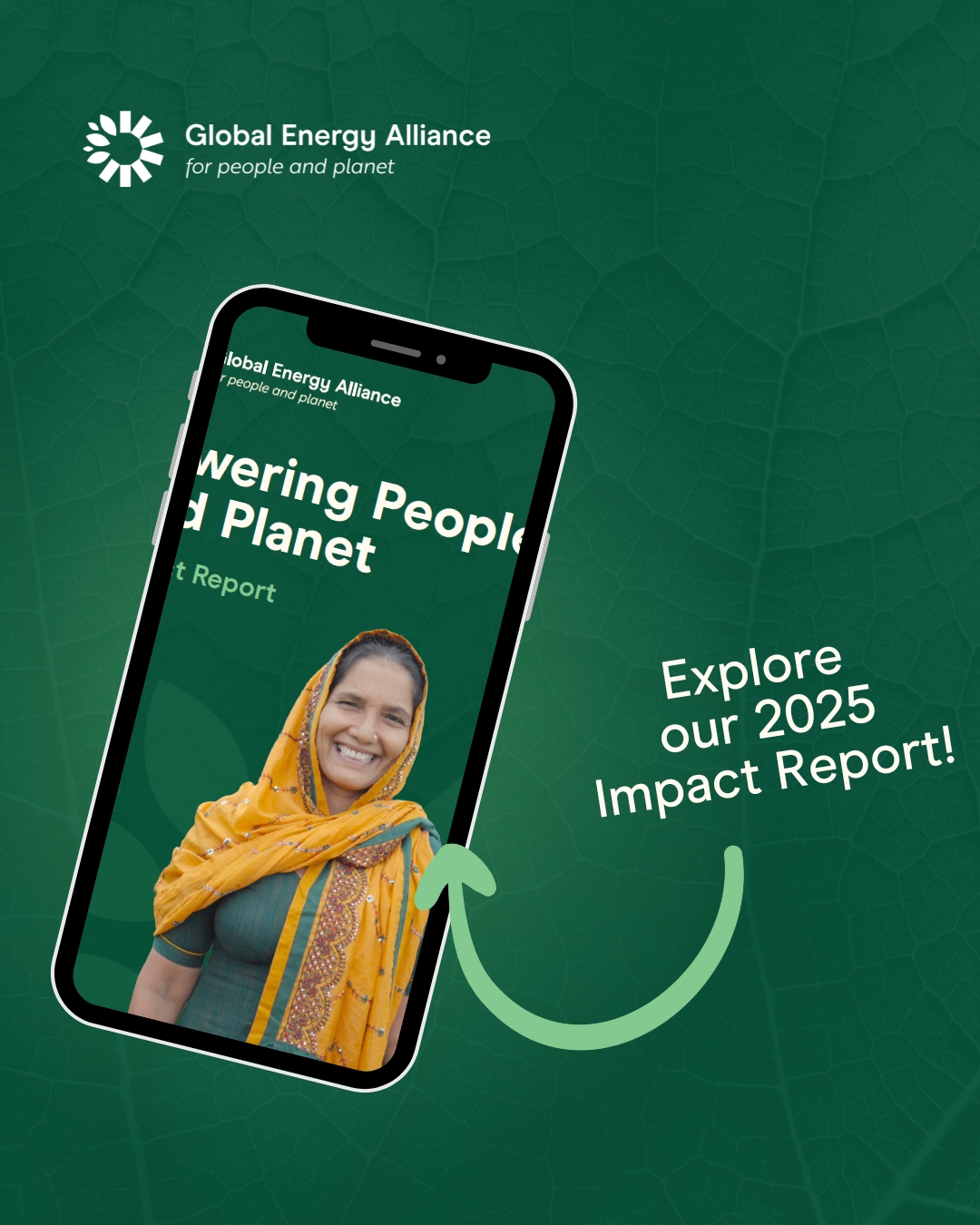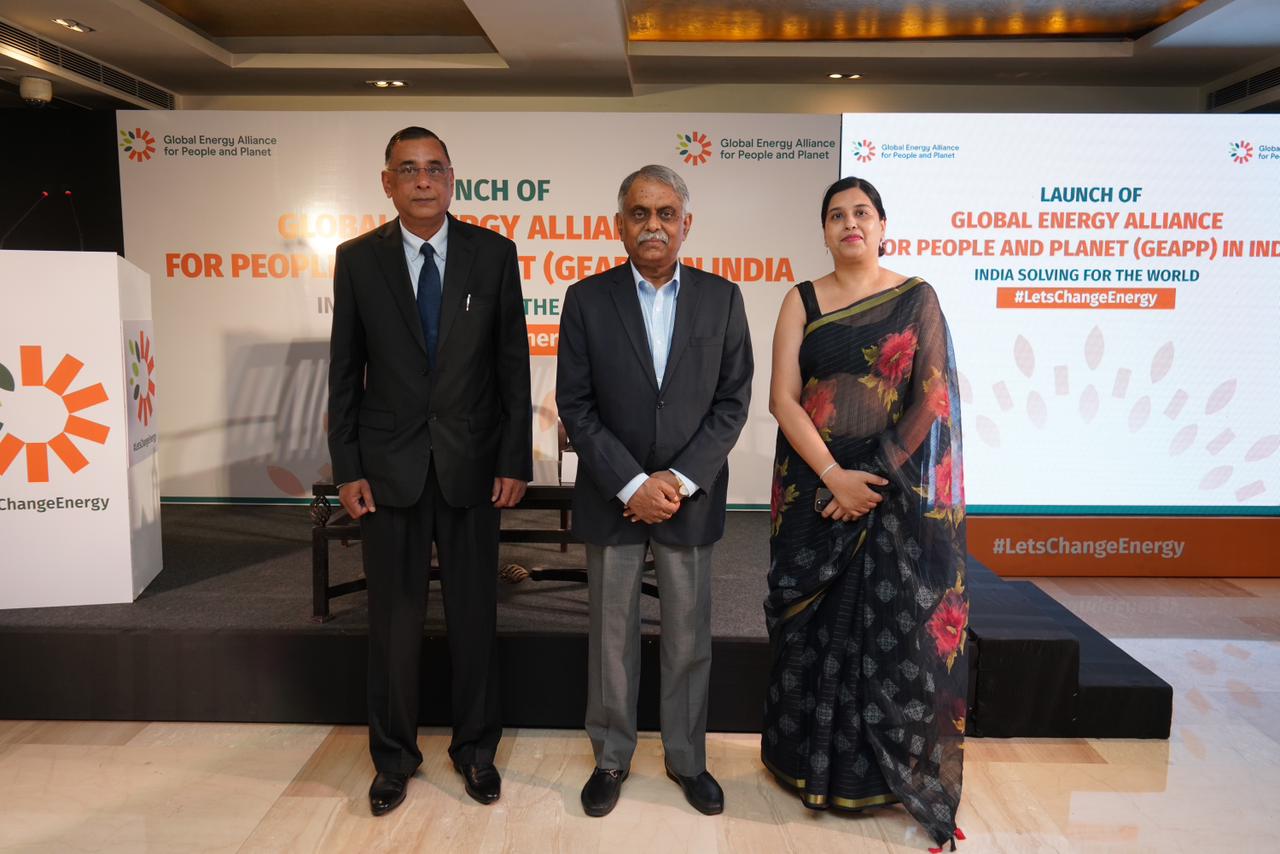Clean Energy: Paving the Way to a Just and Sustainable Future

Introduction:
In today’s world, where the consequences of climate change are evident and alarming, the urgency for action has never been more palpable. I am Elizabeth Wathuti, a Kenyan environmentalist and enthusiastic advocate for a sustainable future. As the Founder of the Green Generation Initiative, I aim to empower children to be environmentally conscious, embrace environmental stewardship, foster green spaces, and cultivate fruit trees in their schools. Through our tireless efforts, we have nurtured over 40,000 fruit trees to maturity, impacting the lives of more than 20,000 individuals, including women, youth, and children. Our initiative is forging an unbreakable connection between the younger generation and the planet, arming them with the tools to combat climate change head-on.
The Inseparable Connection: Human Activities and Climate Change:
Our environment and the climate crisis are inextricably intertwined with human activities. The consequences of climate change are no longer a distant threat; they are unfolding before our eyes. Heatwaves, droughts, floods, and increasingly severe wildfires are stark reminders of the imperative need for immediate action. According to the IPCC’s 2023 synthesis report, there is no room for complacency; we are falling short of the Paris Agreement’s objective of limiting global warming to 1.5°C or, at most, 2°C. Current trajectories suggest that under existing policies, global warming may exceed an unsafe 2.2°C by 2100. Yet, beneath these numbers lies an undeniable truth: the well-being of humanity is irrevocably intertwined with the health of our environment.
The Injustice of Climate Impact:
Ironically, those who bear the least responsibility for climate change often suffer its most catastrophic effects. Most of the global population residing in poor countries finds themselves trapped in energy poverty. Over 600 million Africans lack access to clean cooking facilities, while 70% of the continent’s population remains without access to electricity. However, in the face of these daunting challenges, communities are embracing their fate and spearheading climate action through sustainable energy solutions. Africa is emerging as a trailblazer in the battle against the climate crisis.
Clean Energy: The Key to a Secure Future:
Frontline communities grappling with the harsh realities of the climate crisis understand that clean energy is essential for a secure future. I have personally witnessed the transformative potential of clean energy. Communities are embracing innovative solutions, from biogas cooking initiatives to solar lighting projects in Nairobi’s Kibera Informal Settlements. In Kibera, a biogas facility has revolutionized the lives of thousands, converting human waste into cooking gas and providing safer cooking methods. Clean energy reduces air pollution and generates employment opportunities, significantly enhancing lives. In Kibera, families describe the transition from hazardous oil lamps to affordable solar installations as a life-altering experience. It has improved the air quality inside their homes and safeguarded their children’s health. However, the widespread adoption of clean energy necessitates substantial international, national, and local financial support. The time has come for governments and investors to heed the International Energy Agency’s plea for a coordinated effort to accelerate the transition to sustainable energy in emerging economies.
The Global Demand for a Just Transition:
The global appeal for a just and swift transition to clean energy is undeniable. Governments and decision-makers cannot afford to ignore this resounding call to action. A just transition to clean energy for low-income nations is a pressing imperative, and access to clean energy is a fundamental human right. The Africa Climate Summit held in Nairobi, Kenya, from the 4th to the 6th of September, presented a unique opportunity to spotlight Africa’s resources and solutions to combat the climate crisis in a bid to attract much-needed capital investments. In anticipation of this Summit, young people took the reins of leadership. They organized and mobilized, hosting the African Youth Climate Assembly (AYCA) from the 1st to the 3rd of September to showcase African innovations in addressing global challenges. AYCA’s primary focus was fostering collaboration and engagement, uniting and amplifying the voices of African youth, sharing ideas, and demonstrating youth-led solutions in the global fight against climate change. AYCA brought together young change-makers from more than 30 African countries and beyond, serving as the first and largest-ever official youth engagement platform for young individuals across the African continent and at the Africa Climate Summit. On this platform, young people deliberated vital aspects of youth engagement, culminating in the African Youth Climate Declaration, which was presented to H.E. President William Ruto, Chairperson of the Committee of African Heads of State and Government on Climate Change, and H.E. Moussa Faki Mahamat, Chairperson of the African Union, during the Africa Climate Summit.
Conclusion:
A Beacon of Hope in Clean Energy In these times of unprecedented challenge, we must heed the wisdom of Professor Wangari Maathai: “That time is now.” The transition to a higher level of consciousness, rooted in empathy and respect for nature and each other, is upon us. As we navigate the complexities of our world, let us seize the opportunity to repay the debt we owe to nature. The transformative power of clean energy serves as our beacon of hope, guiding us toward a future where humanity and our planet coexist and thrive in harmony.



